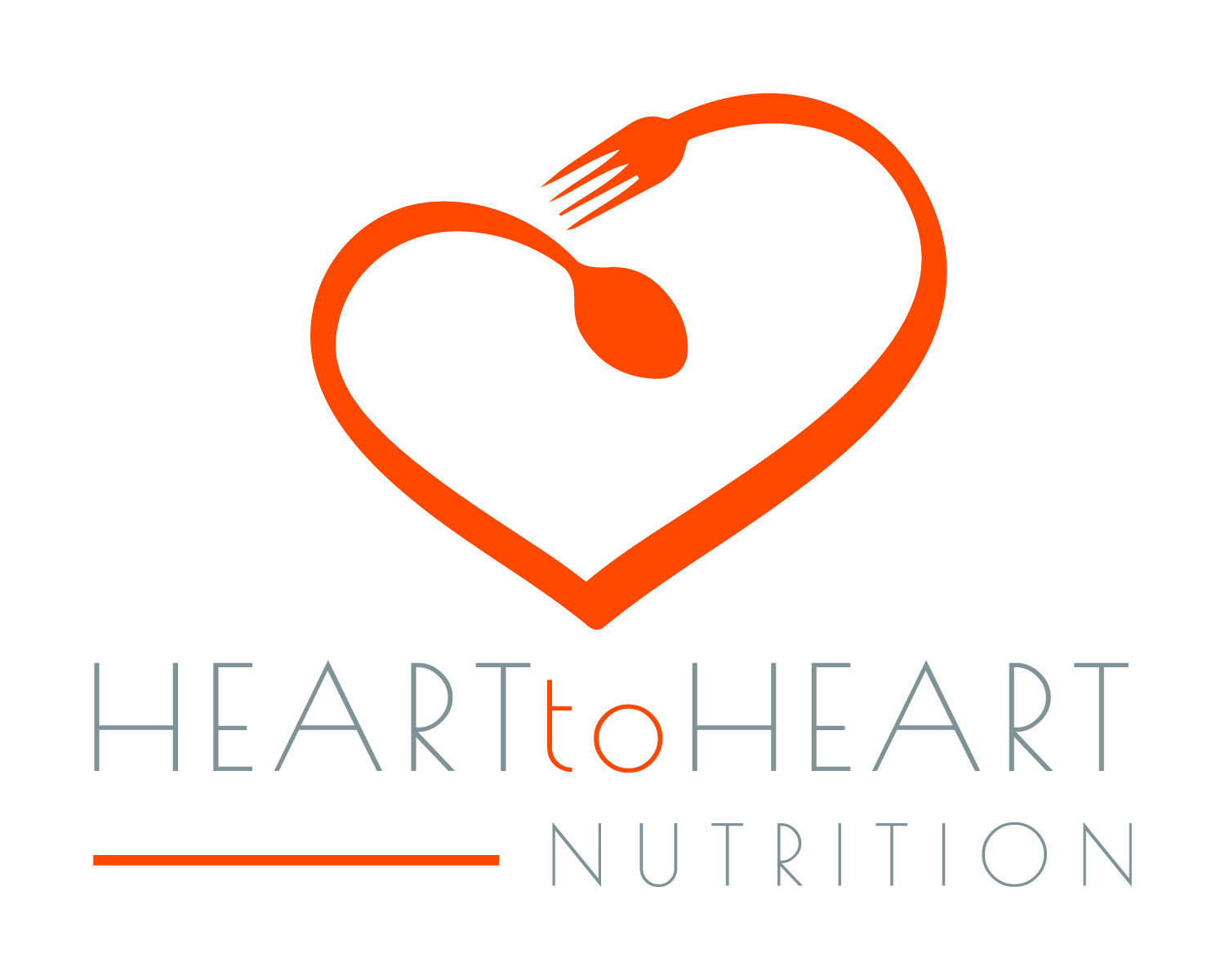This topic might seem a little off the beaten path and yet when I heard about the problem it really seemed something we should all know and practice. It is about what we are flushing down our toilets or draining down our sinks. I was listening to the CBC radio about “Fat Bergs” – really disgusting smelly congealed fat that is clogging up the sewers. It made me think of the old horror movie of the 1950’s The Blob (anyone else remember that movie?). Research done in London, England found that people are flushing all kinds of plastic (think dental flossers, wet wipes, cotton swabs, condoms, etc) and all this plastic mixes in with the oils and grease poured down our sinks. When they meet up, they collectively form a cement like substance that produces bacteria and parasites. Not to mention clogs the sewers. Researchers found a 130 ton, 128 foot long fat berg in the London sewer system! It is not my intent to gross you out and still I think it is important to know that our seemingly mindless innocent actions collectively become a huge problem. If you want to hear the entire show (23 minutes), I have provided the link. http://www.cbc.ca/radio/thecurrent/only-you-can-prevent-gross-smelly-fatbergs-from-clogging-up-city-sewers-says-inspector-1.4642816 This got me thinking about what I pour down the sink or flush in the toilet. I did a bit of research and the only thing that should go down the toilet is human waste and toilet paper. I have for years been cleaning my hairbrush and putting my hair down the toilet. Turns out that hair is a problem. I think we all know not to flush medications or feminine hygiene products. But surely I am not the only one who rinses off the dinner plates with bits of food still on them and sends them down the sink. This too is a problem as food waste does not belong down the sink. The rest of the list all seems like commonsense so it must mean that we are just not thinking what we are doing or perhaps thinking our actions do not have any consequences. The problem of course is if our sewer systems gets clogged and if it backs up, it will come up through storm drains or into our basements. Ultimately the sewage will end up in our lakes and rivers, damaging the environment. Scientists have even found antibiotic resistant bacteria in the fat bergs. So things like: band aids, wrappers, sanitary products, disposable diapers, baby wipes, cotton balls, razors, dental floss, paper napkins or towels, rags, anything plastic, food waste, cigarettes, kitty litter, fats, oils and grease should NEVER go down the sink or toilet, They belong either in recycle bins or green garbage or regular garbage. Things like motor oil, paint, solvents, antifreeze must go to a chemical waste depot while medicines or syringes should be returned to the pharmacy. Bottom line – toilets and sinks are not garbage cans. So the next time you think it does not matter if you send a little bit of something down the sink or toilet, it turns out it does matter and you can make a difference. Be kind to the environment. Your actions will make a difference. From the heart, Caryl Heart to Heart Nutrition offers nutritional consulting, a 12 week online sleep coaching program, health breakthrough coaching where deep-rooted behaviours impede the journey back to self-care, self-love and self-worth. Other services include hypnotherapy and reiki. |
